-
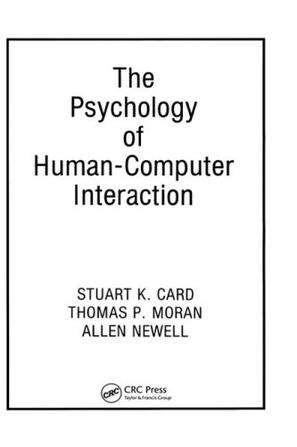
The Psychology of Human-Computer Interaction
-
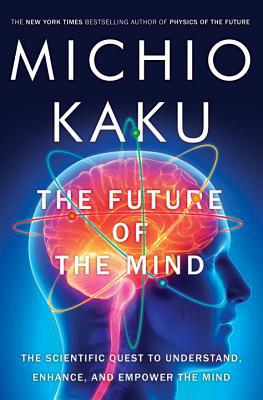
The Future of the Mind
The New York Times best-selling author of PHYSICS OF THE IMPOSSIBLE, PHYSICS OF THE FUTURE and HYPERSPACE tackles the most fascinating and complex object in the known universe: the human brain. For the first time in history, the secrets of the living brain are being revealed by a battery of high tech brain scans devised by physicists. Now what was once solely the province of science fiction has become a startling reality. Recording memories, telepathy, videotaping our dreams, mind control, avatars, and telekinesis are not only possible; they already exist. THE FUTURE OF THE MIND gives us an authoritative and compelling look at the astonishing research being done in top laboratories around the world—all based on the latest advancements in neuroscience and physics. One day we might have a "smart pill" that can enhance our cognition; be able to upload our brain to a computer, neuron for neuron; send thoughts and emotions around the world on a "brain-net"; control computers and robots with our mind; push the very limits of immortality; and perhaps even send our consciousness across the universe. Dr. Kaku takes us on a grand tour of what the future might hold, giving us not only a solid sense of how the brain functions but also how these technologies will change our daily lives. He even presents a radically new way to think about "consciousness" and applies it to provide fresh insight into mental illness, artificial intelligence and alien consciousness. With Dr. Kaku's deep understanding of modern science and keen eye for future developments, THE FUTURE OF THE MIND is a scientific tour de force--an extraordinary, mind-boggling exploration of the frontiers of neuroscience. -
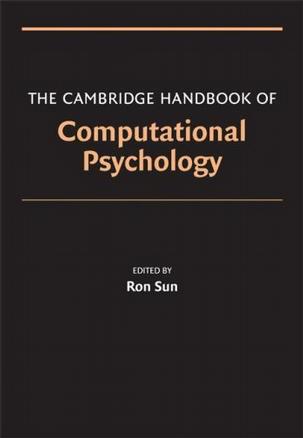
The Cambridge Handbook of Computational Psychology (Cambridge Handbook Of...)
This book is a definitive reference source for the growing, increasingly more important, and interdisciplinary field of computational cognitive modeling. Research in computational cognitive modeling explores cognition through developing detailed, process-based understanding by specifying computational mechanisms, structures, and processes. This book substantiates this approach through overviews and many examples. -
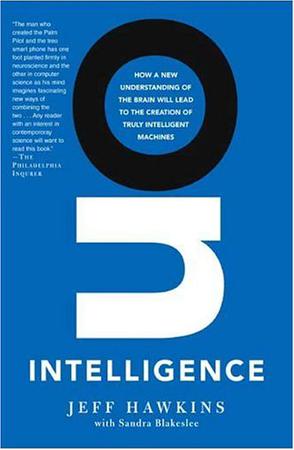
On Intelligence
From the inventor of the PalmPilot comes a new and compelling theory of intelligence, brain function, and the future of intelligent machines Jeff Hawkins, the man who created the PalmPilot, Treo smart phone, and other handheld devices, has reshaped our relationship to computers. Now he stands ready to revolutionize both neuroscience and computing in one stroke, with a new understanding of intelligence itself. Hawkins develops a powerful theory of how the human brain works, explaining why computers are not intelligent and how, based on this new theory, we can finally build intelligent machines. The brain is not a computer, but a memory system that stores experiences in a way that reflects the true structure of the world, remembering sequences of events and their nested relationships and making predictions based on those memories. It is this memory-prediction system that forms the basis of intelligence, perception, creativity, and even consciousness. In an engaging style that will captivate audiences from the merely curious to the professional scientist, Hawkins shows how a clear understanding of how the brain works will make it possible for us to build intelligent machines, in silicon, that will exceed our human ability in surprising ways. Written with acclaimed science writer Sandra Blakeslee, "On Intelligence" promises to completely transfigure the possibilities of the technology age. It is a landmark book in its scope and clarity. -
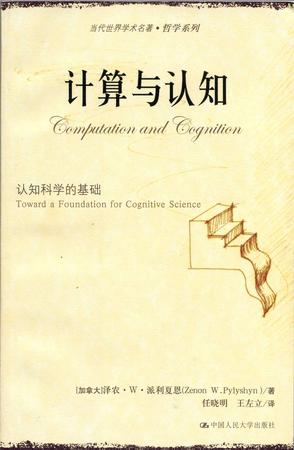
计算与认知
《计算与认知:认知科学的基础》对计算和心理现象做了系统深入的研究,对认知科学的逻辑理解做了极具穿透力的有用分析。本书还详细论述了认知主义及其相关的意向性、功能与计算方面的问题,尤其是对于指导认知科学研究的基础性假定做了全面细致的研究。 -
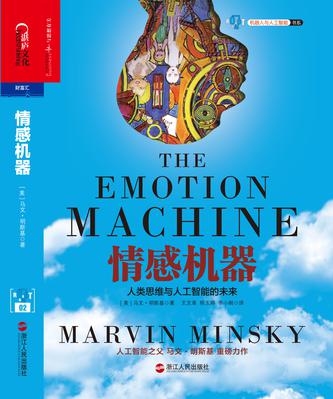
情感机器
1.大脑如何产生新想法?思维如何产生,又是如何运作的?意识缘何形成?什么是情感、感觉、想法?如果将人类大脑看成一台机器,那么这是否有益于我们设计出能够像人一样能理解、会思考的高级人工智能——情感机器? 2.情感是人类特有的一种思维方式,如果机器具备了情感,是不是就可以取代人类? 在《情感机器》中,人工智能之父马文•明斯基有力地论证了:情感、直觉和情绪并不是与众不同的东西,而只是一种人类特有的思维方式。也同时揭示了为什么人类思维有时需要理性推理,而有时又会转向情感的奥秘。通过对人类思维方式建模,他为我们剖析了人类思维的本质,为大众提供了一幅创建能理解、会思考、具备人类意识、常识性思考能力,乃至自我观念的情感机器的路线图。